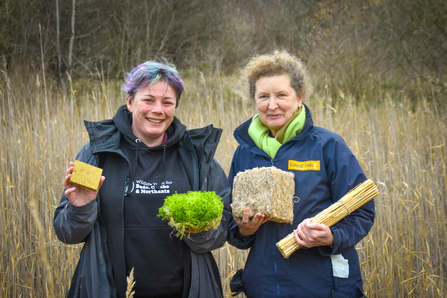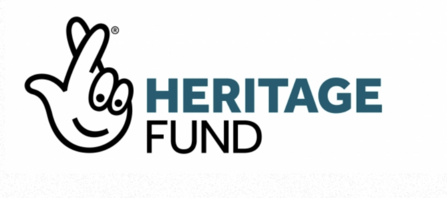We have spent the past year developing the full proposals for Peatland Progress: A New Vision for the Fens, and are delighted that the National Lottery Heritage Fund have now awarded the full grant of £8,186,200.
Tackling climate change and biodiversity loss through the purchase of Speechly’s Farm will unite the north and south ‘halves’ of the Great Fen. The land will be transformed into a mix of reedbed, open water, wet and dry grassland, providing additional habitat for the threatened wildlife and the partnership project will develop a model of agricultural production to inspire and change farming practice on peat soils across the UK.
Among crops already being trialled are typha bulrush, reed, floating sweet grass and sphagnum moss, all of which can be grown water-logged areas, keeping peat wet, preventing soil erosion and oxidisation and locking in CO2. This Trust and our partners are already in discussions with business leaders to explore uses for these experimental crops.


